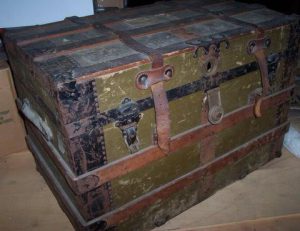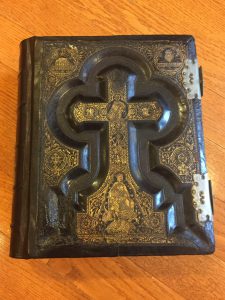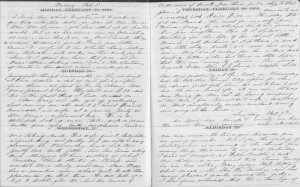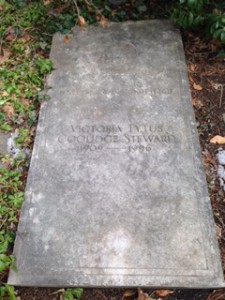 In a previous post, I mentioned that my mother had received several pictures and other items that belonged to my grandparents. In addition to the certificate that belonged to my great-grandfather, which I mentioned in my last blog post, I came across a book entitled The Muir Family Heritage Book.
In a previous post, I mentioned that my mother had received several pictures and other items that belonged to my grandparents. In addition to the certificate that belonged to my great-grandfather, which I mentioned in my last blog post, I came across a book entitled The Muir Family Heritage Book.
According to one of the first pages of the book, The Muir Family Heritage Book was purchased by my grandfather in 1984. This surprised me; my mother had told me stories of her grandparents (my great-parents), but didn’t seem to know much about her family beyond them, and none of my aunts and uncles appeared to have an outward interest in genealogy. Continue reading Still looking







